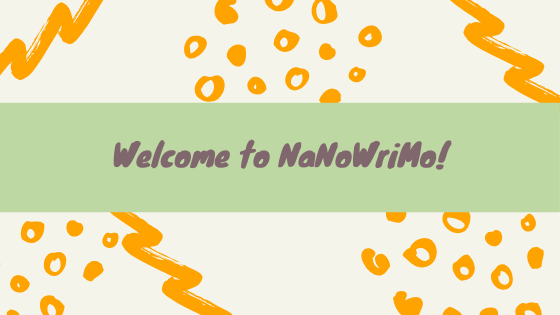November is a busy month for writers: it’s National Novel Writing Month, also known as NaNoWriMo. What happens during NaNoWriMo? It’s simple really. To celebrate the only official book-writing month of the year, writers are encouraged to spend 30 days putting their fingers to the keyboard, completing a 50,000-word book by November 30th. One month. Boom. Done. You’re one step (a first draft) closer to becoming a published author. If you have struggled with finding the time and discipline to finish your book, this is one of the easiest ways to jump those hurdles. Your word count can vary from day-to-day,…
-
-
Writing your first book is no easy endeavor. Some might even say you need a certain amount of life experience to add depth to your writing—fiction or nonfiction—but there are a lot of benefits to publishing a book before you turn 30 years old. Here are seven reasons that support publishing your book before entering the next decade of your life: 1. Financial freedom It’s easier to save up and spend the necessary money to professionally self-publish your book when you are at a stage in your life when you have the least amount of financial responsibilities and can make…
-
Writing about fall. There’s a reason one of the first pieces of advice any professional offers to a new writer forging ahead on the publishing journey is, “Show, don’t tell.” Readers don’t want to be told, they want to be shown. So, how does one show information? If we use seasons or weather as an example, which can be used for metaphorical purposes within the telling of a story, we can begin to crack the code on showing, and not telling, information to the reader. Since most of The States are experiencing autumn right now, it’s a great example to use.…
-
If you’re just dipping your toes into the writing world, starting with a full-length novel or nonfiction book may feel overwhelming. Short stories allow you to get a feel for composing a story with a beginning, middle, and end. It also helps you tackle character development and a thorough plot structure without having to devote hundreds of hours to an 80,000-word manuscript. Short stories can also help pay attention to the complexities that come with the necessity of succinct word choice and help you hone your writing style and tone. The Basics of a Short Story Here are 5 simple…



